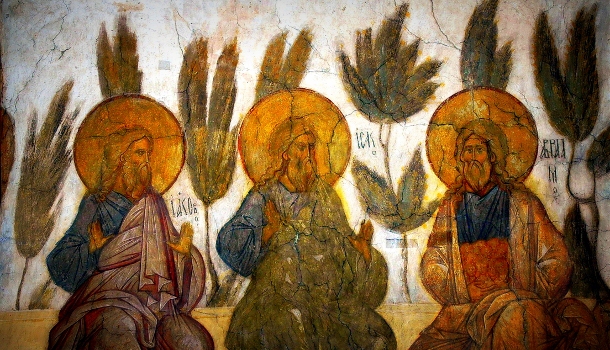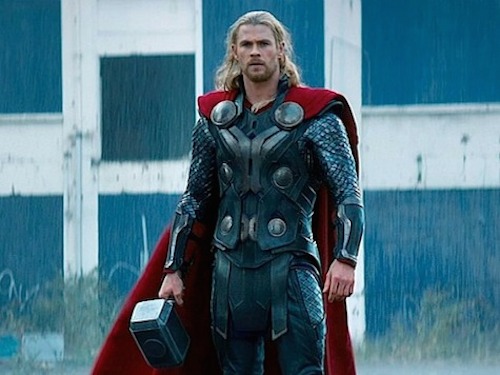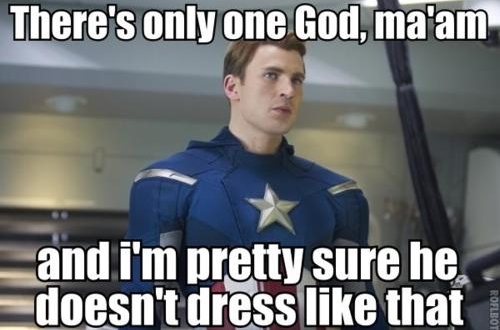Quick Apology: Why not go to the source?
Today’s “Quick Apology” is a sequel to an earlier post, Quick Apology: You can’t pray to dead people. In that post I explained how those who have died in friendship with Christ are not “dead”, but are in fact more alive than we are. On Facebook, one of my friends responded with this question…
Objection
“But why would you want to pray to a Saint? Why not just go to the source, Christ?”
Response
This question is a reasonable one and makes sense until we consider everyday Christian practice…
When I meet up with my closest Christian friends, I will almost always ask them for their prayers concerning particular things going on in my life. However, if the above objection were valid, shouldn’t I being going directly to Christ? Why would I ask others to intercede for me when I could just instead make my requests to the Source directly?
To be certain, Christ has a special kind of mediation (1 Timothy 2:5), but that doesn’t preclude other kinds of mediation. In fact, we’re told in Scripture that we should intercede for each other (1 Timothy 2:1). So, the reasons why one would ask the Saints for their intercession are the same reasons why one would ask for the prayers of close friends. As my friend Steve said:
I’ve never seen a man in a true emergency when, for example, a car wreck requires emergency surgery for his young child, opt out of having others pray with him because he’d rather go straight to the Source.
It’s not an either/or proposition. Praying to the Lord directly is a good thing. Asking for the intercession of others is also a good thing. These two things don’t have to be in competition.
“We are taught by the Catholic faith that we may pray not only to God himself, but also to the Blessed in heaven, though in different manner; because we ask from God as from the Source of all good, but from the Saints as from intercessors” – Pope Leo XIII (Augustissimae Virginis Mariae 9)
So, back to the question: why would you want to pray to Saint? Well, when we are baptised, we become part of a very large family, a “great cloud of witnesses”, all united together in Christ. What do good families do? They pray for each other.
When we ask friends to pray for us, I think it’s safe to say that we particularly request intercession from those whom we esteem as being strong in faith since “the prayer of a righteous man has great power in its effects” (James 5:16). Who is more righteous than those standing before the throne of God, those in “the city of the living God, the heavenly Jerusalem…just men made perfect”?
PS – I’ll endeavour to do a more thorough post in the future as to what mean when we speak of “prayer” to the Saints. Don’t let me forget…
PPS – Joe over at Shameless Popery also blogged about this topic yesterday. Go check it out 🙂
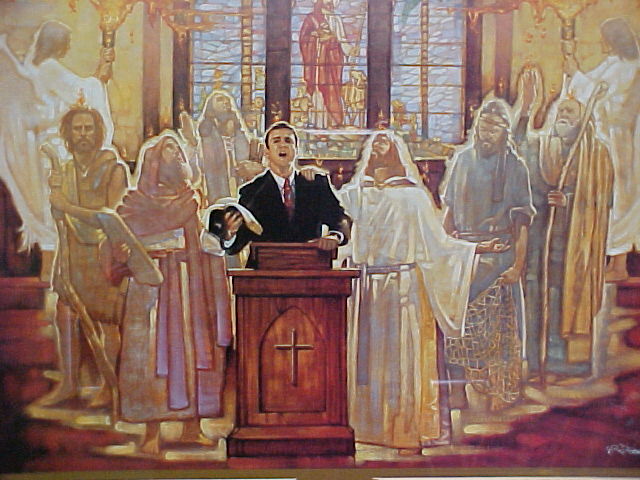

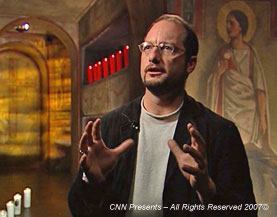 Several times over the last few weeks I’ve had conversations where friends have have seriously cast doubt over the very existence of Jesus of Nazareth, claiming that there’s no evidence that He’s even a real, historical figure.
Several times over the last few weeks I’ve had conversations where friends have have seriously cast doubt over the very existence of Jesus of Nazareth, claiming that there’s no evidence that He’s even a real, historical figure.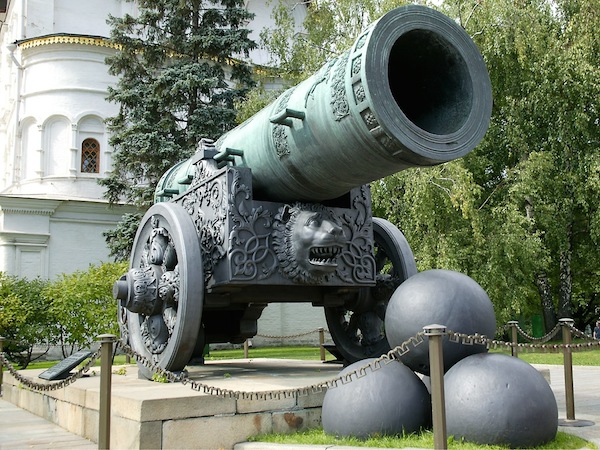
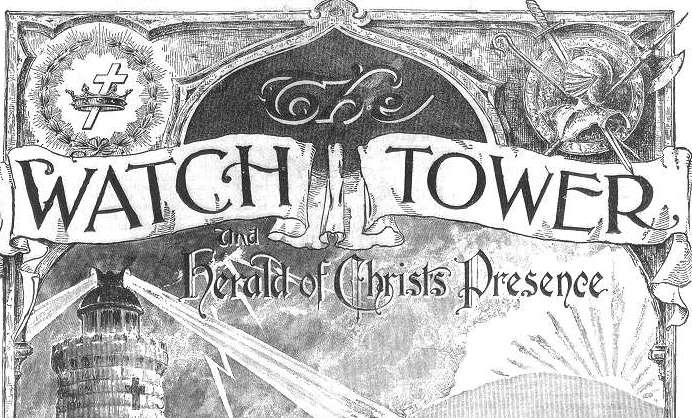
 “It’s really great that you care so much about your faith that you’re willing to give up your Saturday mornings to do this, but I should probably tell you I’m Catholic. In fact, I’m reeeeally Catholic, so I think I’d probably just be a waste of your time.
“It’s really great that you care so much about your faith that you’re willing to give up your Saturday mornings to do this, but I should probably tell you I’m Catholic. In fact, I’m reeeeally Catholic, so I think I’d probably just be a waste of your time. 